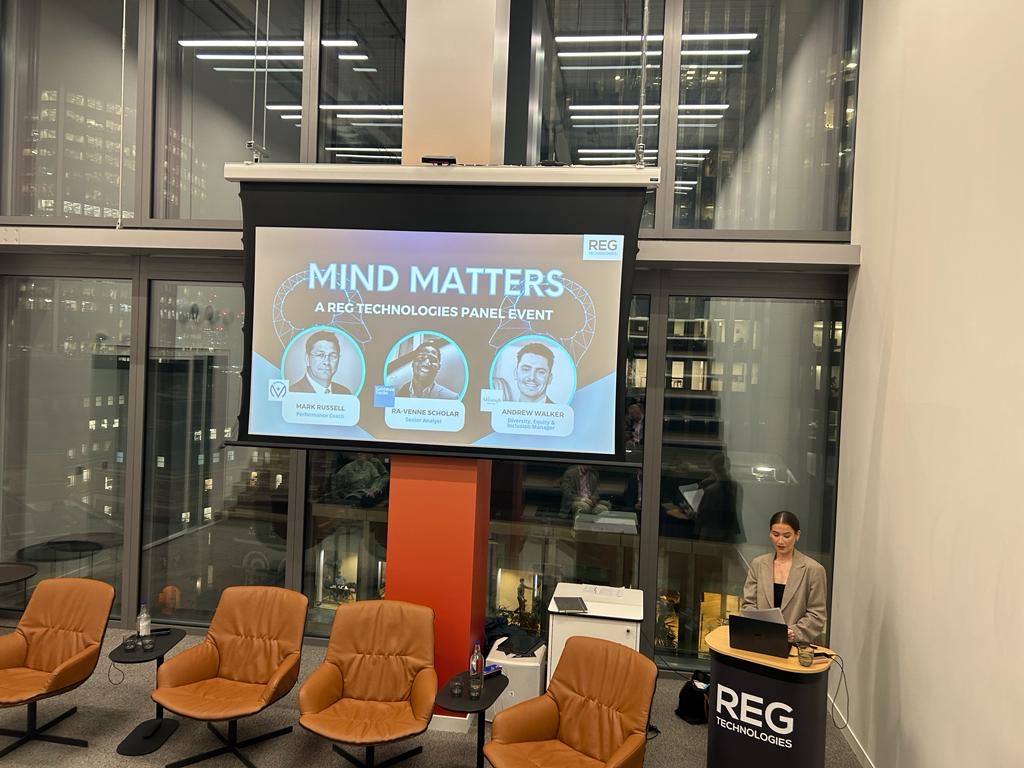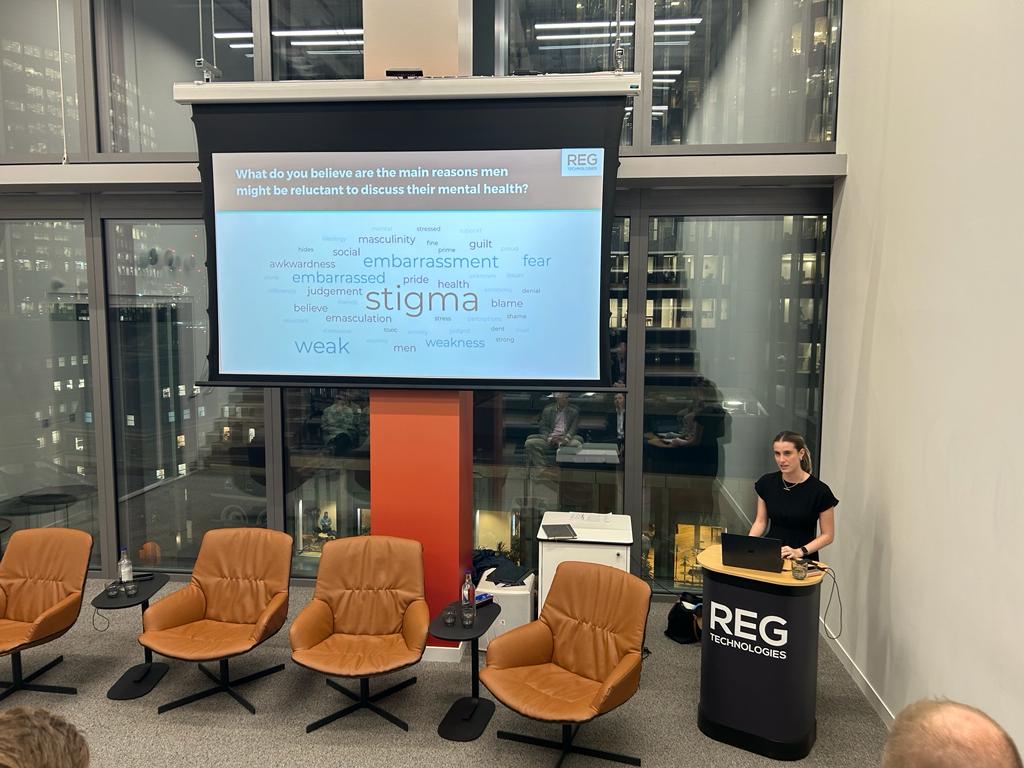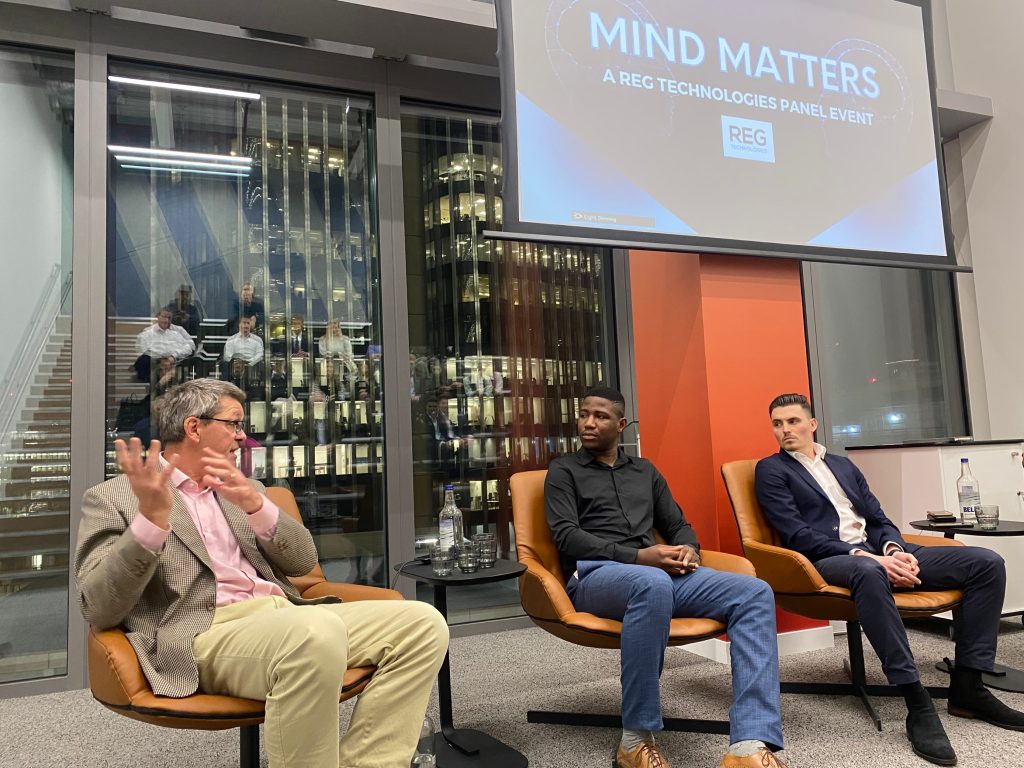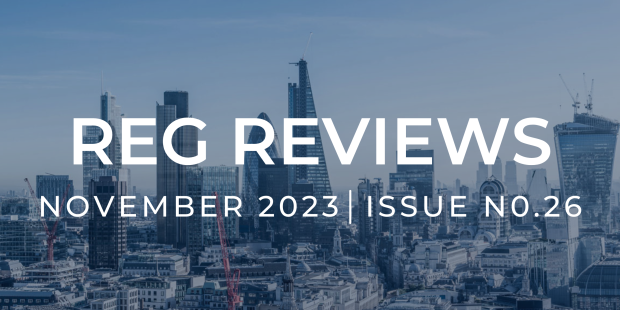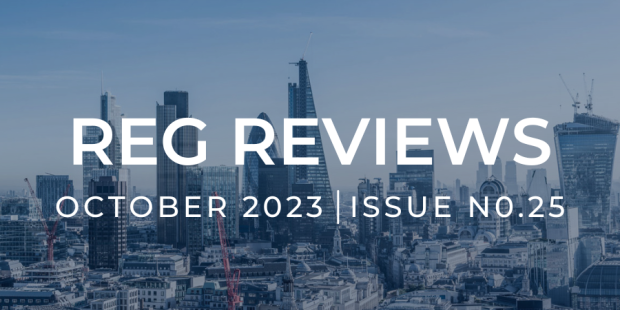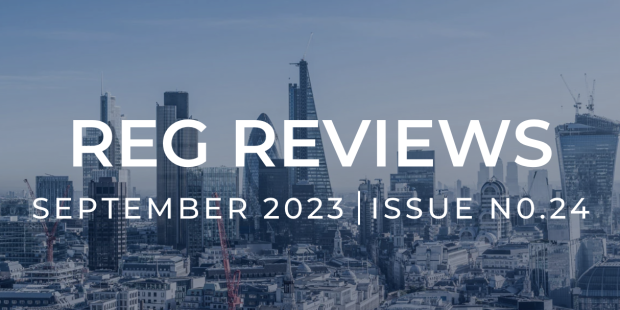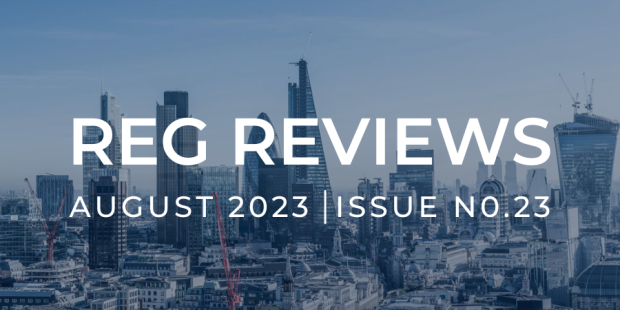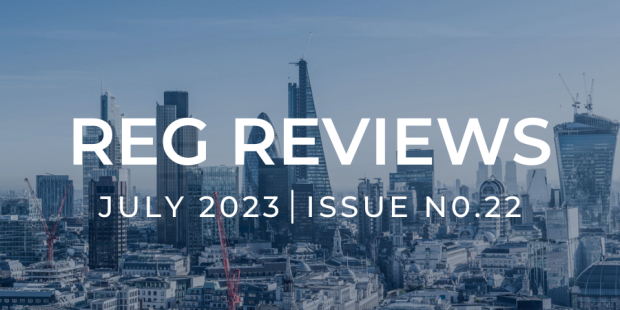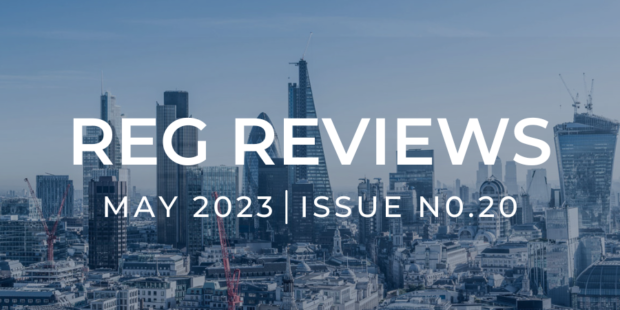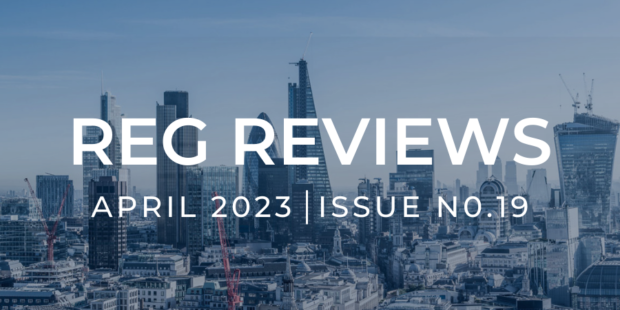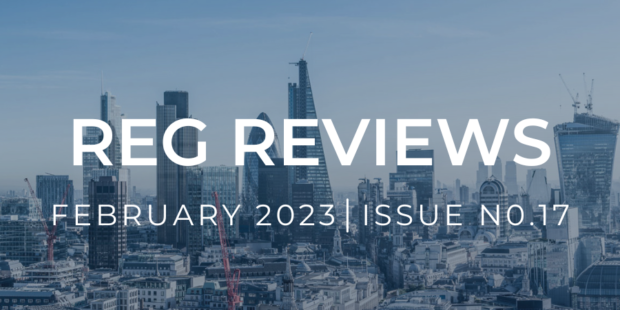In support of Movember, a month dedicated to raising awareness and changing the face of men’s physical and mental health across the globe, REG hosted its much anticipated panel event, Mind Matters, on 14th November, aimed at addressing the challenges men face regarding mental health at work.
Taking place at XCHG Bishopsgate, the event focused on how we can break down the barriers and foster supportive environments where everyone’s mental health is valued.
The event started with a talk form Marketing Manger, Zoë Parsons, who opened the floor stating; “Raising awareness can come in many forms – It’s about acknowledging the struggles, educating each other about the challenges, being allies and implementing strategies and mechanisms to better support the wellbeing of our male colleagues. And we’re holding this event in the hope of doing just that.”
Zoë continued to shed light on some of the mental health struggles faced by men and shared some eye opening statistics:
- Over 1/2 of male employees experience anxiety and depression, but in reality this could be many more
- Work-related stress is noted as a significant contributor to negative mental wellbeing, with 79% of men voicing they frequently experience it
- Only 1/4 of employees seeking mental health support are male
- 40% of men won’t discuss their mental health with friends or family, let alone their colleagues
- UK Government reports that suicide is the biggest cause of death in men under the age of 50 and around 3/4 of deaths from suicides each year are men
“These statistics evidently underscore the urgent need for action, and with work related triggers having a high correlation with mental health, whether they are direct influencers or barriers to seeking help, it’s important we focus on what we can do in the context of the workplace to create inclusive and approachable environments were men both feel supported and encouraged to seek help,” urged Zoe.
She acknowledged that companies and employers have started to address these challenges, with 81% having increased their focus, but insisted that much more work still needs to be done, especially following the advent of COVID, which resulted in 50% of employees reporting a deterioration in their mental wellbeing. Drawing on statistics in the context of the workplace, she shared the following figures:
Commenting on these statistics, Zoë echoed; “There are many factors that influence negative mental wellbeing, whether they are directly linked to work or not. There are also many factors that contribute to people being less reluctant to seek help, and as we’ve seen, this relunctantness to seek help is more prevalent amongst men. But it’s our job to help dispel the stereotypes and stigmas surrounding the topic, to empower employees to seek support when needed.”
The floor was then handed over to Charley Fryers, Marketing Executive, who shared the findings of REG’s recent primary research. Prior to the talk, attendees were asked the question; ‘What do you believe are the main reasons men might be reluctant to discuss their mental health?’
Charley noted that there were a number of overriding themes including a fear of seeming weak, embarrassment and judgement, but the most mentioned word was stigma. Charley detailed what stigmas are and explained how they are likely to arise and drew on the consequences of fostering a stigmatised mindset.
“Stigmas segregate people by fostering an “us vs. them” mentality. Those who bear the label of being different often find themselves isolated from the rest of society, resulting in social exclusion and a sense of alienation,” shared Charley.
Factors influencing stigmas were noted as:
- Misunderstanding and lack of education, which can worsen stereotypes or fear
- Media representations often sensationalise or inaccurately depict mental health conditions leading to misconceptions and stereotypes
- Historical nature of mental health, from superstitions to the institutionalisation of individuals with mental health illnesses, which has led to the preservation of stereotypes
Charley concluded by urging how a lot of the responses to the question could fall into stigmas, such as weakness, embarrassment and judgment, which show how stigmas have created a barrier to seeking help. “With studies suggesting that ‘one out of every two people in the world will develop a mental health disorder in their lifetime’, it’s time we stop associating words like these with men’s mental health,” she stated.
Following the topic introduction, the panel discussion commenced. Panellists included; Mark Russell, Performance Coach at Mark Russell Coaching, Ra-Venne Scholar, Senior Analyst at Goldman Sachs and Andrew Walker, Diversity, Equity & Inclusion Manager at Ardonagh Advisory.
The panel were asked an array of questions from how can we start to break the aforementioned barriers down, how as employers can we implement strategies to better support the wellbeing of our staff and as colleagues, how can we create safe spaces to encourage our peers to seek help when needed.
The panel delivered some thought provoking discussions that resonated a lot with the audience members in the room.
Andrew, who is a trained mental health first aider, explained the importance of having approachable team members trained specifically in mental health first aid, who are available to staff who may be struggling and can provide a safe space for sharing worries or concerns. Andrew insisted having an extensive group of these individuals in his organisation has had significant benefits for overall staff wellbeing, and ensures employees have resources accessible to them to ensure they don’t face the struggle alone.
A standout point from the panel, when asked what employers can do to better support the mental wellbeing of their staff, was Andrew’s comment on understanding the difference between empathy vs sympathy. Andrew voiced how “actually just a change of words can impact how a conversation is had…you might unnaturally be shutting [people] down without realising… never in an empathic conversation should you say ‘well at least’.”
Another interesting perspective came from Ra-Venne Scholar, who spoke about the impact of accountability. Ra-Venne shared how recognising you are struggling and then taking proactive steps to release external pressures, whether that would be through work allocation or sharing this with your manager, is one of the first steps to minimising negative repercussions. He also stated how employers who accommodate for flexible working habits are ensuring they create environments where staff feel supported at work.
Finally, Mark Russell shared some useful insight into how as colleagues we can be more considerate and understanding of our peers. Mark asserted that taking the time out to listen and be there for coworkers goes a long way, and understanding people’s different behavioural styles is also key when trying to offer support to colleagues that may be showing signs of struggling.
At REG we are proud we are able to host events like this to combat issues relating to diversity and inclusion in the market. Watch the full discussion here.
Stay tuned for our next market panel event and let’s keep the conversation going, so we ensure everyone’s mental health is valued, not just throughout Movember, but always.














